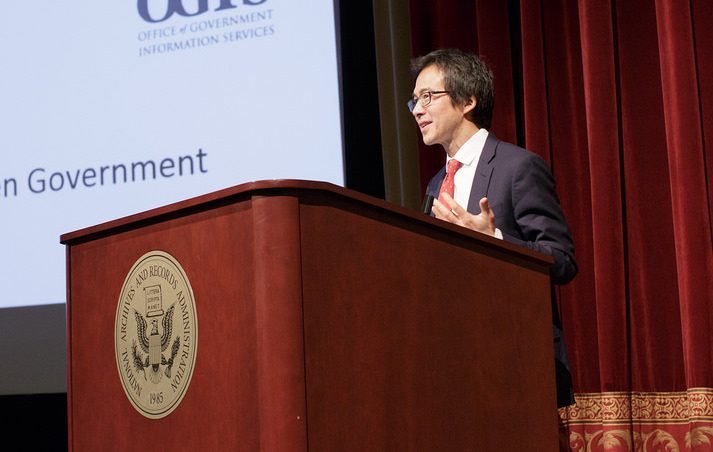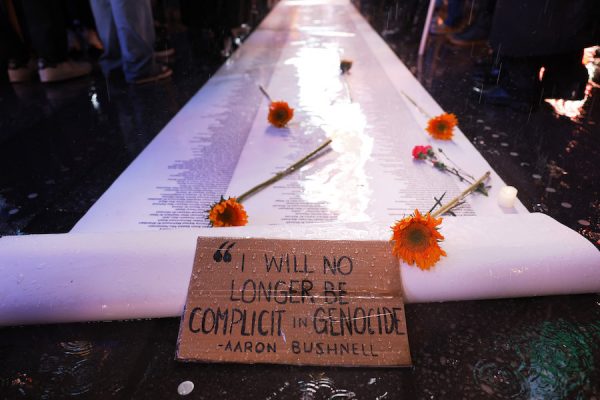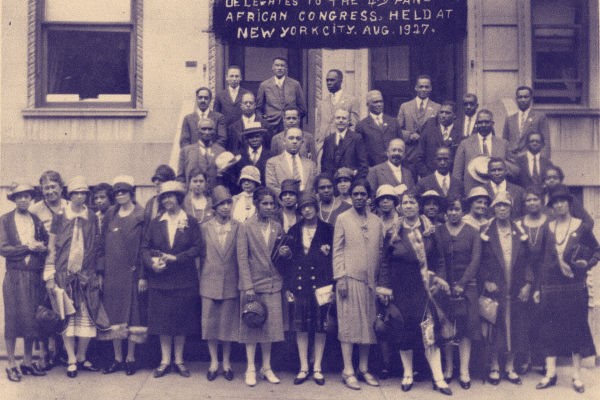This article is a reply to The Responsibility of Intellectuals, Redux by Noam Chomsky.
No one has taught my generation and the one that preceded it (or me personally) more about the social responsibility of intellectuals than Noam Chomsky. His reprise essay on “The Responsibility of Intellectuals” is an excellent and eloquent account of the tradition of public intellectual criticism of which he has been such an important part. He is half right.
I am in complete agreement with the premise of the 1967 and 2011 essays. Intellectuals, especially those who enjoy tenure at elite academic institutions in Western democracies, are afforded the privileges of leisure, access to information, liberty to pursue the questions that interest them, training to do so competently, and even substantial funding and labor to support their investigations.
These privileges are afforded us by the societies in which we live, and we bear the responsibility of answering questions that are important to that society.
In the domain of politics and policy, Chomsky stresses the responsibility of intellectuals to help their societies understand the truth about their governments. States, not least the United States, often act immorally, hypocritically, deceptively, and unjustly. Officials and other elites frequently justify these actions through deception and ideology. Intellectuals can help other citizens come to more truthful understanding of what their governments are doing and what is being done in their name. With regard to the foreign policy of the United States—in Asia, Latin America, and the Middle East—any honest reader of Chomsky’s work over the past 50 years must acknowledge that there is plenty to criticize.
But at the risk of belaboring the obvious, criticism is not the only public responsibility of the intellectual. Intellectuals can also join citizens—and sometimes governments—to construct a world that is more just and democratic.
One such constructive role is aiding popular movements and organizations in their efforts to advance justice and democracy. The distinctive constructive contribution of intellectuals is to help gather and analyze information about what works and what doesn’t and to offer ideas for activists—and for the broader public—to consider. Intellectuals such as John Stuart Mill, perhaps most clearly in his writing on the status of women but also on democracy, are part of this tradition. Scholar-activists such as Gary Bellow helped to invent legal-reform strategies that focus on building power in popular organizations rather than merely appealing to judges. Jane Mansbridge, in her analysis of the failure to ratify the Equal Rights Amendment, suggests more promising strategies for subsequent reform movements. Though he was not a public intellectual, John Rawls developed a conception of justice that has helped many others to understand not just how their own society is unjust, but what moves toward justice look like. Philippe van Parijs is the most forceful proponent of the “universal basic income,” a proposal that has won the support of international civil society organizations and even policymakers in some countries. Joel Rogers has developed interesting projects to reconfigure labor unions in the United States in ways that make them more inclusive and successful as participants in economic-development projects.
Another constructive role is that of the democratic policy intellectual. Here, the distinctive contribution of the intellectual is to analyze information and devise ideas that can improve the democratic character of public policy and state action or make them more just. Amartya Sen’s work on capabilities, for example, provided the foundation for other development economists to formulate the Human Development Index. Where attention and policy historically have focused only on economic growth, the HDI has shifted some of that focus toward a broader range of measures that include health, educational attainment, and standard of living. Less famously, scholars such as Leonardo Avritzer, Boaventura de Souza Santos, and Gianpaolo Baiocchi have informed policymakers in Brazil and elsewhere about how to build successful participatory governance. The products of these engagements between intellectuals and policymakers always have blemishes. Such engagements, however, often make the world a bit better—more just and democratic—than it would otherwise have been.
Those who engage the world as constructive public intellectuals in these two ways face temptations that the critical intellectual does not. First is the temptation of expertise: unjustified confidence in one’s own judgment. In his 1967 essay on the responsibility of intellectuals, Chomsky rightly derides the attempts of social scientists and philosophers to solve the problems of the day: “The only debatable issue, it seems to me,” he wrote, “is whether it is more ridiculous to turn to experts in social theory for general well-confirmed propositions, or to the specialists in great religious and philosophical systems for insights into fundamental human values.”
Many policy intellectuals do regard themselves as experts in the sense that they believe others should obey their pronouncements, derived as they are from science, in fields such as economics, social welfare, and even human values. There is a more democratic approach to expertise, acutely conscious of contingency its own fallibility, in which constructive social-movement and policy intellectuals offer their ideas and analysis in order to move a broader public discussion forward.
The second temptation is professional status, wealth, influence, and authority. One doesn’t have to be in the ideas business long to recognize that there are personal and professional consequences—some subtle and others less so—to what one says and writes. As Chomsky has often said, one of the privileges of living in the contemporary United States is that we are spared from the truly dire consequences that those—such as the Archbishop Romero and Father Ignacio Ellacuría—in other circumstances suffer. Nevertheless, intellectuals who seek influence among policymakers must watch what they say and even censor themselves. It would be incredible to deny this. But this basic fact does not mean that scholars should refrain from trying to become democratic policy intellectuals. Intellectual integrity requires that they resist the temptation to distort their judgments to achieve status or to please authority. One way to fulfill their public responsibility is to use what status, influence, and authority they have to advance democracy and justice.








